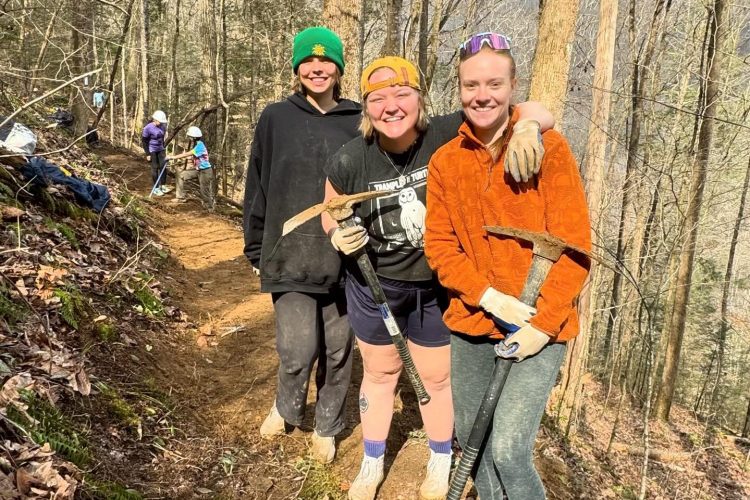Ingenuity in Action: Embracing hands-on learning
Hands-on experiences are so valued by Cornell College faculty that the college now requires them, helps fund them alongside generous donors, and even gave them a name: Ingenuity in Action.

Every student completes at least two and, after each, they answer guided questions and write a reflection. It’s the reflection—not just the research, internship, off-campus study, leadership, performance, or community service itself—that helps make the experiences high-impact practices.
“These experiences have real positive outcomes from an employer’s perspective, for student success, for retention, and for persistence. They promote reflective practice that also promotes durability of learning,” said Associate Vice President for Student Life Kate Kauper, who previously served as director for experiential learning. “These are the practices that lead to better outcomes in all of these areas.”
What prompted this change in Cornell’s curriculum?
In the process of revising its core curriculum—Ingenuity—Cornell faculty saw great benefits in high-impact practices, said Kauper, who taught education at Cornell from 2010-2024.
The Ingenuity core curriculum was designed to be an interdisciplinary and integrated approach to what the liberal arts mean, she said, and the purpose of Ingenuity in Action is to bring what students learn from the classrooms into the field. Kauper said its culmination, the written reflection, requires a student to explicitly think about the meaning of their activity, which is necessary for transforming the experience into deep learning.
Using principles based on equity, Cornell provides funding to offset costs such as travel, food, lodging, or off-campus course fees, and can even provide a stipend as it does for the Cornell Summer Research Institute.
We asked seven students to share their Ingenuity in Action reflections. Their observations reveal a deeper learning:
Beckett Christensen ’24: Off-campus study
Audrey Pagel ’24: Co-coordinator of Alternative Spring Break
Kimberly Maitland ’24: Off-campus study
Callum McAllister ’24: Internship
Rachael Adewusi ’24: Leadership
Jason Ramos ’25: Cornell Summer Research Institute



